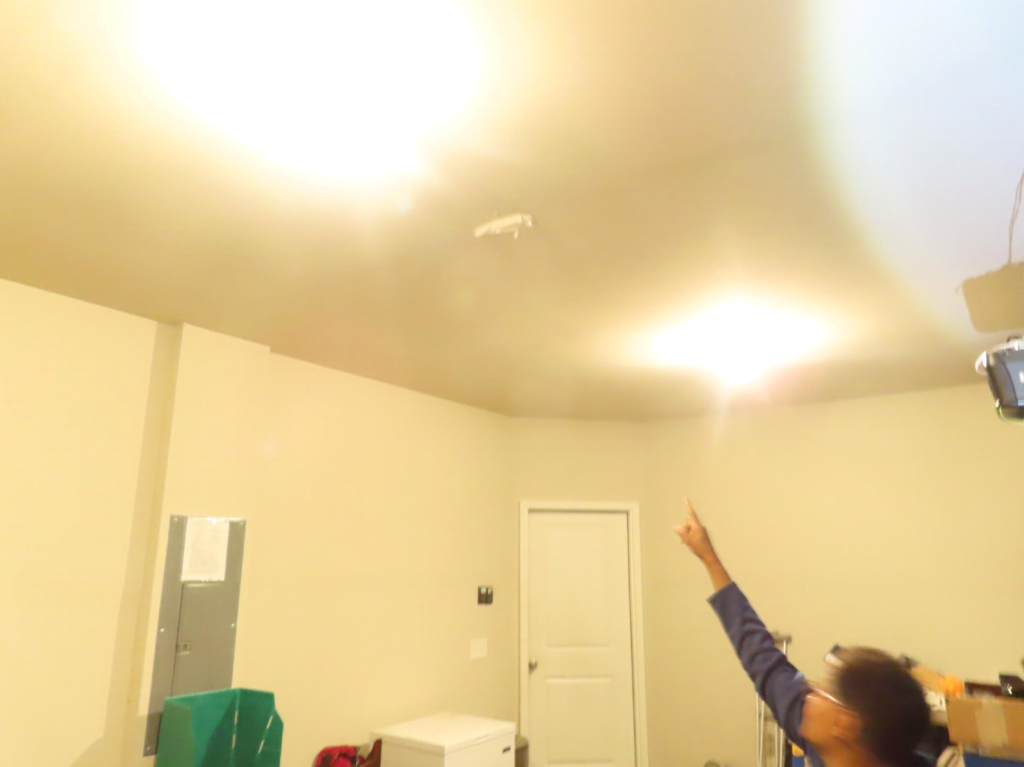Do you have insurance company issues?
You have the power to turn the tides in your favor ensuring your claim gets the attention it deserves. This guide breaks down actionable steps to use before and after the inspection, for how you can ethically “scare” your insurance adjuster into treating your claim right.
Please NOTE: This approach doesn’t rely on intimidation or aggression but focuses on strategic communication and professionalism.
Using ethical persuasion techniques, such as the NEPQ (Neuro-Emotional Persuasion Questioning) techniques, you can ethically “scare” your insurance adjuster into taking your claim seriously—without any conflict..
Here’s Why You Need This:
In order to make them respond… file a complaint.
It’s no secret, filing a home insurance claim can feel overwhelming, especially when delays or lowball offers leave you questioning your options.
Even with State Farm, Liberty Mutual, Nationwide, Progressive, and others, with the right approach, you can often secure a better outcome.
Understanding NEPQ and Its Role in Insurance Negotiations
NEPQ is a sales methodology designed to focus on the emotional and logical drivers behind decisions. In the context of insurance complaints, it helps you:
- Ask the right questions to guide the adjuster toward seeing the value of resolving your claim.
- Keep the conversation professional and rooted in facts.
- Elicit a sense of urgency without being confrontational.
By using NEPQ, you’re not manipulating; you’re positioning yourself as a credible and determined policyholder who cannot be ignored.
Keep the conversation professional but assertive; you’ll make your adjuster think twice before dragging their feet. Companies like Allstate, State Farm, and USAA like to drag their feet.
Get Ready: Before the Inspection:
What you do before the adjuster arrives can set the tone for your entire claim process. Preparation is your strongest weapon.
Step 1: Gather Evidence Like a Pro 📸🗂️
The more organized and thorough you are, the harder it will be for the adjuster to challenge your claim. This will also help when you need to pass along your claim files.
Actionable Steps:
- Review your policy. Find and highlight sections that support your claim.
- NEPQ Tip: Ask, “Does this policy section confirm coverage for the type of damage I’m experiencing?”
- Document everything. Take high-quality photos and videos of the damage. Use timestamps!
- Obtain repair estimates. Get written quotes from contractors or specialists.
Why It Works: A well-prepared claim file signals to the adjuster that you’re serious, making them less likely to try lowballing you.

Step 2: Set Expectations with Strategic Questions 💬
Contacting the adjuster before the inspection gives you an opportunity to create accountability. This really helps with insurance companies like Travelers and State Farm Insurance.
Actionable Steps:
- Ask about their inspection process.
- “How do you ensure nothing is missed during your evaluations?”
- “What should I prepare to make the inspection smoother?”
- Highlight the need for speed.
- “How can we avoid delays that might worsen the damage?”
- Request clear communication.
- “Will I receive a detailed explanation of your findings?”
Why It Works: These questions show that you’re paying attention, prompting the adjuster to take a more careful and transparent approach.
After the Inspection: Stay in Control 🎯

Once the inspection is complete, it’s time to follow through and ensure your claim gets resolved fairly.
Step 3: Analyze and Challenge the Findings 📑🔍
Don’t take the adjuster’s report at face value. Review it thoroughly and question discrepancies.
Actionable Steps:
- Compare their findings to your documentation. Look for overlooked damages or low estimates.
- Ask targeted questions.
- “Why wasn’t [specific damage] included in the report?”
- “Does this estimate reflect current market repair costs?”
- Stay polite but persistent. Keep pushing for clarification when needed.
Why It Works: Adjusters are more likely to revisit their findings when they know you’re watching closely.
Step 4: Involve Experts for Extra Leverage 🛠️👨💼
Sometimes, bringing in third parties can make all the difference in how seriously your claim is taken.
Actionable Steps:
- Hire a public adjuster. They can negotiate on your behalf and advocate for a fair settlement.
- NEPQ Tip: Say, “A public adjuster believes my claim qualifies for a higher payout. Can you explain the gap between their findings and yours?”
- Consult contractors or engineers. Their expertise can validate your claim.But they won’t be able to help with policy.
- Mention regulatory oversight.
- “Would you recommend filing a complaint with my state’s insurance department to move this along?”
Why It Works: Experts bring credibility, and regulatory pressure motivates adjusters to act swiftly.

Step 5: Escalate Professionally When Needed 🚨📞
If your claim isn’t progressing, don’t be afraid to scare your insurance adjuster by taking it to the next level.
Actionable Steps:
- File a complaint with your state’s insurance department. Most states, including Florida, Georgia, and California, have consumer protection resources for unfair insurance practices.
- Mention legal action.
- “Should I consult an attorney to ensure this is resolved correctly?”
- Request supervisory involvement. If the adjuster isn’t responsive, escalate to their manager.
Why It Works: Escalations signal to the insurance company that you’re not giving up. They’ll often resolve issues to avoid regulatory scrutiny or lawsuits.
Key Takeaways 🏡✨
Navigating an insurance claim can be tricky, but with the right tactics, you can ensure your adjuster will be scared and will take you seriously.
Remember:
- Before the inspection, set expectations with documentation and strategic questions.
- After the inspection, review findings, involve experts, and escalate when needed.
- Whether you live in Florida 🌴, Georgia 🍑, California 🌞 or any other state, these steps can help you secure the settlement you deserve.
Final Thoughts: Turning the Tables Ethicalbly 🧾✨
Scaring your insurance adjuster isn’t about threats or aggression—it’s about standing your ground with knowledge, persistence, and professionalism. By leveraging NEPQ techniques, creating urgency, and involving experts, you shift the balance of power in your favor.
Remember: a well-prepared policyholder is a force to be reckoned with. Follow these steps, stay confident, and don’t hesitate to seek help when needed. Your claim deserves attention—and so do you.

